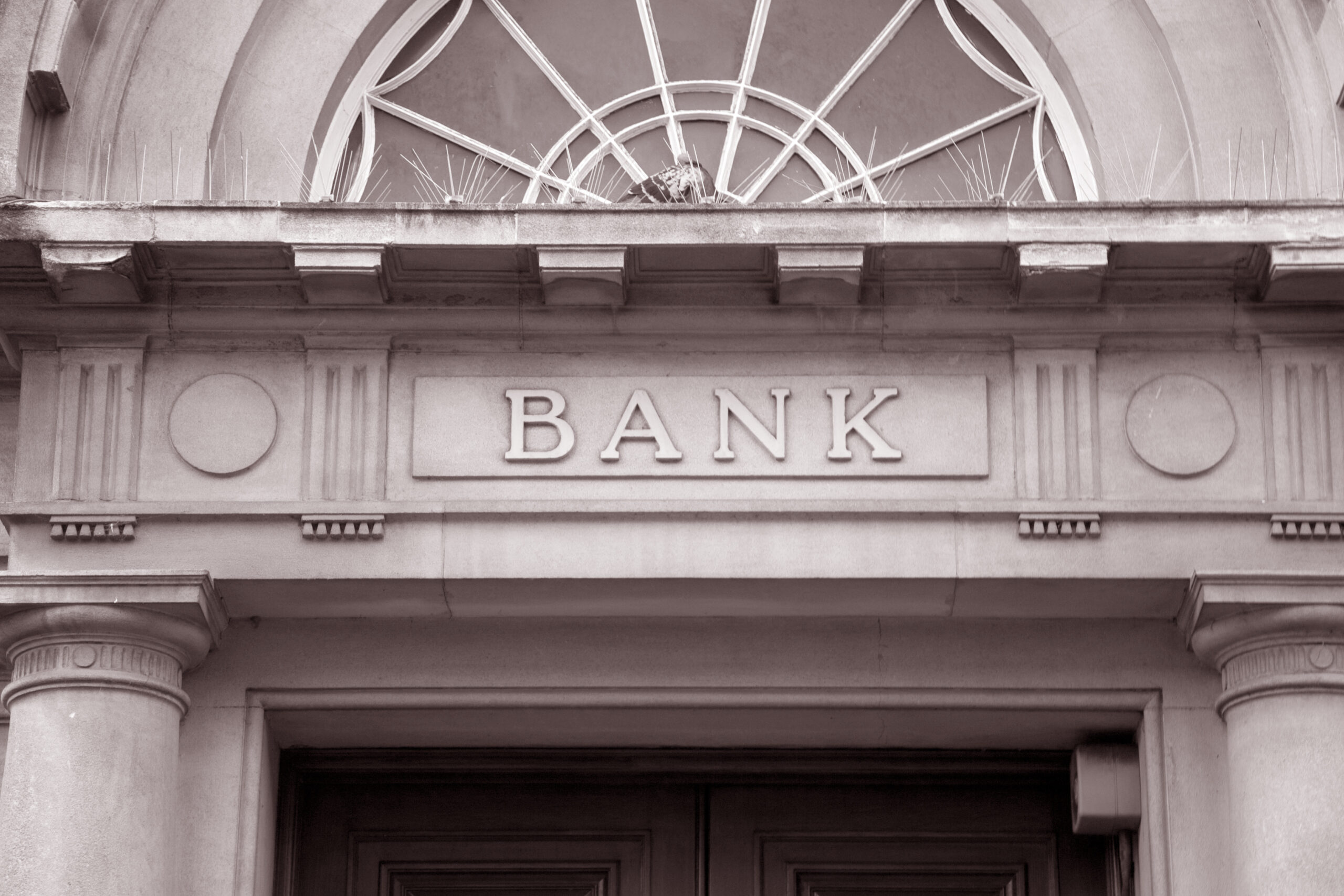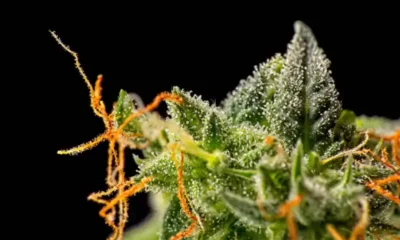Connect with us
Published
12 months agoon

The SAFE Banking Act saga presses on. The federal cannabis banking reform measure debuted in the U.S. Senate Banking Committee on May 12 where lawmakers discussed issues around cannabis banking and the bipartisan legislation.
For years, the SAFE Banking Act has sought to resolve the continued issues cannabis businesses face as cash-only establishments, without access to federally-regulated banking.
While this initial hearing, titled “Examining Cannabis Banking Challenges of Small Businesses and Workers,” didn’t involve any voting, the SAFE Banking Act was a primary focus.
Banking Committee Chairman Sherrod Brown, D-Ohio and Ranking Member Tim Scott, R-S.C., welcomed six witnesses to testify on the SAFE Banking Act, which would allow federally regulated financial institutions to work with state-legal cannabis businesses, which are generally stuck operating as cash-only given the status of cannabis as a Schedule I drug.
Sens. Jeff Merkley, D-Ore., and Steve Daines, R-Mont., refiled the legislation in April. The senators also testified at this week’s committee hearing, along with representatives of the Cannabis Regulators of Color Coalition (CRCC), United Food and Commercial Workers International Union (UFCW), Dama Financial and Smart Approaches To Marijuana (SAM).
In his opening remarks, Sen. Brown nodded to the changing landscape of the cannabis space, citing that even a few years ago it looked “far different.”
“Cannabis has been legalized or decriminalized in almost every state,” Sen. Brown said. “States and localities have established licensing and social equity programs to ensure that small businesses and communities impacted by the War on Drugs are part of the growing legal cannabis industry.”
Sen. Brown added, “Banking, of course, is critical for small cannabis businesses who already face hurdles getting their businesses off the ground. I’m glad we’re building on the progress we’ve made over the years. I look forward to continuing these conversations.”
Along with Sen. Daines, Sen. Merkley pointed to the risks cannabis businesses have faced when operating exclusively in cash, specifically that it’s “terrible for accountability, but it’s great for crime.”
“It has left these businesses, and all that are connected to them, open to violent crime, open to money laundering, employee theft, tax fraud and more,” Sen. Merkley said. “And, Ranking Member Scott, I wanted to mention there is nothing like a cash economy to facilitate money laundering. The lack of electronic records in this world makes it really easy to move money that shouldn’t be moved.”
Sen. Daines told the committee that he personally does not stand for the federal legalization of cannabis before turning to the need for the SAFE Banking Act.
“The people in states across this country have spoken, and it’s abundantly clear that the status quo is not only untenable, it’s very dangerous,” The SAFE Banking Act is a common sense bill that can and should pass and would immediately improve the public safety threats we’re seeing on the ground in our states.”
The other witnesses included:
? Ademola Oyefeso, director of the legislative and political action department at the United Food and Commercial Workers International Union;
? Kevin Sabet, CEO of prohibitionist group Smart Approaches to Marijuana and former White House Office of National Drug Control Policy advisor;
? Michelle Sullivan, chief risk and compliance officer at Dama Financial, a company providing banking services to the cannabis industry; and
? Cat Packer, vice chair of the Cannabis Regulators of Color Coalition, director of drug markets and legal regulation for Drug Policy Alliance and a former head cannabis regulator for Los Angeles.
On the opposing side, Sabet argued that the bill would open the U.S. financial system “to activity from transnational criminal organizations who intend to harm Americans” and that the SAFE Banking Act is aiming to “fix a fake problem,” namely that “today’s marijuana businesses are not dealing primarily with cash; there are hundreds of banks working with pot businesses.”
Previous versions of the SAFE Banking Act previously passed seven times in the U.S. House with bipartisan support since 2019 but lacked Senate action through the past two congresses.
According to a November 2022 national survey by Data For Progress, voters widely support the legislation, with 72% supporting legitimate cannabis-related businesses’ lawful access to U.S. financial systems.


Despite City Efforts, Hemp Shops Posing as Dispensaries Prevail in Las Vegas


Cannabis Community, Investors React to DEA Decision To Reschedule


Georgia Governor Signs Bill Establishing Licensing Requirements To Grow Hemp


Study: Psilocybin Enhances Meditation


Ohio GOP Lawmakers Debate Adult-Use MJ Priorities, Eye June for Regulation Approval


Taylor Swift Puts Narcotics Into All of Her Songs on ‘The Tortured Poets Department’
